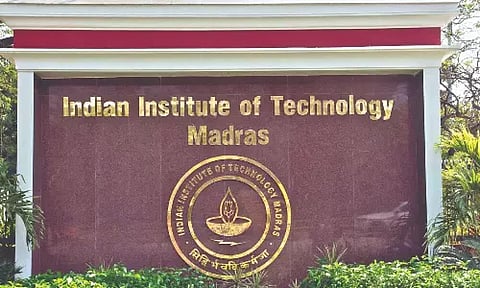

CHENNAI: Underscoring the critical role of rural livelihood diversification and irrigation in mitigating climate change impacts on vulnerable agrarian communities, a recent study by IIT-Madras has found that access to non-farm business opportunities and irrigation facilities significantly curbs drought-induced migration among rural farming households.
The results of the study, led by Sabuj Kumar Mandal, Associate Professor in the Department of Humanities and Social Sciences, and Gauri Sreekumar, a researcher at IIT-Madras, was published in the Indian Economic Review.
"It examined migration trends using data from Rounds I (2004–05) and II (2011–12) of the India Human Development Survey (IHDS), applying the Difference-in-Differences (DiD) method to estimate the impact of drought on migration decisions.
“The findings indicate that households engaged in non-farm economic activities or those with access to irrigation were less likely to migrate during drought conditions," the institute said in a release.
"Migration is often a last resort. Before choosing to migrate, rural families attempt several adaptation strategies," explained Mandal, who highlighted the challenges posed by large-scale rural-to-urban migration, which can cause overcrowding, urban poverty, and strain on city infrastructure, while simultaneously affecting rural food security and agricultural sustainability.
Researcher Gauri Sreekumar noted that non-farm income provides financial stability during adverse climate events. "This supplementary income is often reinvested into farming through better inputs, livestock care, and modern technologies, which boosts resilience and reduces dependency on rainfall," she added.
The study also found that social capital played a crucial role in such decisions. Membership in self-help groups, cooperatives, NGOs, and other grassroots organisations was associated with reduced migration rates, as such networks provide both economic and emotional support, enhancing the community's adaptive capacity.
The researchers recommended strengthening rural non-farm sectors through schemes like the Aajeevika Grameen Express Yojana and MGNREGS, while enhancing irrigation infrastructure under the Pradhan Mantri Krishi Sinchayee Yojana. "Irrigation not only increases productivity but also reduces mental distress, including instances of farmer suicides," the study observed.